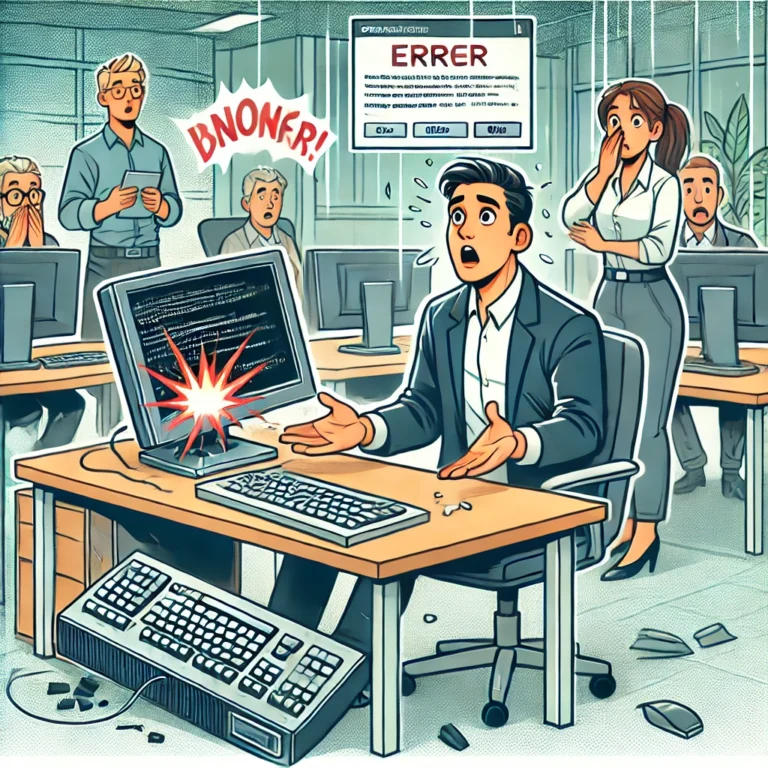Call us now:
Prohibited Cases in Labor Disciplinary Actions in Vietnam. Which Actions Are Not Prohibited When Handling Labor Discipline?

Prohibited Cases in Labor Disciplinary Actions in Vietnam
Below are the prohibited actions during labor discipline handling that employers are not allowed to undertake:
Infringing on the health, honor, life, reputation, or dignity of the employee
Employers are not allowed to use any form of action that infringes on the health, honor, life, reputation, or dignity of the employee during the disciplinary process. Any form of abuse, insult, or harm toward the employee is strictly prohibited.
Example:
A factory worker is found violating safety regulations. Instead of following the proper disciplinary procedure, the factory manager publicly insults the worker in front of their colleagues and even physically assaults the worker to “set an example.” This action not only violates the employee’s rights but is also illegal and strictly prohibited in labor discipline handling.
Fining or reducing wages instead of taking disciplinary action
The law strictly forbids disciplining employees by imposing fines or reducing their wages. Disciplinary actions must follow the forms specified in labor laws, such as reprimands, deferral of wage increases, demotion, or dismissal, and cannot be replaced with financial penalties like fines or wage cuts.
Example:
An office employee is frequently late to work. Instead of reprimanding or applying other formal disciplinary measures, the company decides to cut 10% of the employee’s salary for one month as “punishment.” This action violates labor law, as fines or wage cuts are not allowed as substitutes for official disciplinary measures.
Disciplinary Action for Violations Not Specified in Labor Regulations or Labor Contracts
Employers are not allowed to impose disciplinary actions on employees for violations that are not clearly defined in the company’s labor regulations, agreed upon in the labor contract, or specifically outlined in labor law. Disciplinary actions can only be applied to violations that have been explicitly stated and that the employee has been informed of through these documents.
Example:
A sales employee uses their mobile phone during work hours for personal calls. The company decides to dismiss the employee, despite there being no rule in the labor regulations or labor contract prohibiting the use of personal phones during work hours. In this case, the disciplinary action is illegal because the violation is not defined in the relevant legal documents.
Disciplinary Action During Periods When Employees Are Exempt from Disciplinary Procedures
Employers are not permitted to impose disciplinary actions during periods when the employee falls under specific cases that suspend disciplinary action, such as when the employee is on sick leave, maternity leave, caring for a child under 12 months old, in custody, or waiting for investigation results from competent authorities.
Example:
A worker is found violating safety regulations. However, shortly after, the worker becomes seriously ill and takes extended sick leave with a doctor’s certificate. While the employee is on sick leave, the company is not allowed to proceed with disciplinary action until the worker returns to work.
Disciplinary Action for Employees Violating Regulations While Suffering from Mental Illness or Other Conditions That Impair Cognition or Behavior
Employers are not allowed to impose disciplinary actions on employees who violate regulations while suffering from mental illness or other conditions that impair their ability to recognize or control their actions. Disciplinary actions taken under such circumstances are considered a violation of labor law.
Example:
An employee is found not complying with the company’s confidentiality rules. However, it is later confirmed that the employee is suffering from a mental illness, which impairs their cognitive and behavioral control. In this case, the company is not permitted to impose disciplinary action on the employee, as the violation occurred while they were unable to control their behavior due to the mental illness.
These regulations are established to protect the rights of employees and ensure that the disciplinary process is conducted fairly, transparently, and in compliance with the law. Violating these regulations can lead to serious legal consequences for the employer.
Permitted Cases in Labor Disciplinary Actions in Vietnam
When handling labor discipline, only actions that comply with labor laws are permitted. This means that when an employer disciplines an employee, they must adhere to the legal requirements regarding the content and form of the disciplinary process, applying only one of the four disciplinary measures specified in the Labor Code. Any disciplinary action that does not meet these content or procedural requirements is considered unlawful.
Example:
An employee is found using their personal mobile phone during working hours to access social media. This behavior is not explicitly stated in the company’s labor regulations and was not agreed upon in the labor contract. The direct manager decides to immediately dismiss the employee without holding a disciplinary meeting, without involving a union representative, and without notifying the employee in advance of the decision.
In this case, using a mobile phone during working hours is not stipulated in the labor regulations or labor contract, so there is no legal basis for disciplinary action. The decision to dismiss the employee did not follow the legal procedure, such as failing to hold a disciplinary meeting with the participation of a union representative and not giving the employee an opportunity to explain. Therefore, the dismissal in this case is considered an unlawful disciplinary action.
Contact Us Now:
DCNH LAW
Address: 38B Tran Nhat Duat, Phuoc Hoa ward, Nha Trang city, Khanh Hoa province, Vietnam.
Phone: (+84) 343320223 – 974278893
Email: dcnh.law@gmail.com



